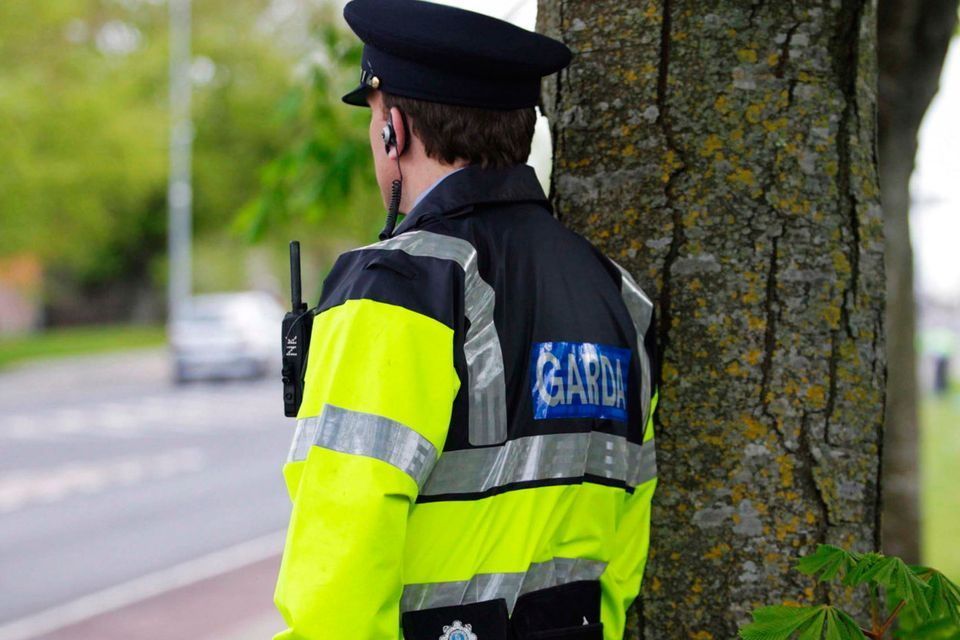Uniform service workers being ‘driven into financial hardship’ as reps launch campaign calling for supplementary pension
File image
Representative groups for Gardaí, Prison Officers, Fire Fighters and Defence Forces have called for the reintroduction of a supplementary pension for members who joined after 2013.
At the launch of the campaign, SIPTU organiser, Geoff McEvoy said members of uniform services would be “driven into financial hardship” if the supplementary payment was not introduced.
Currently, members who joined these services after 2013 will receive an occupational pension upon retirement but won’t receive a state pension until the age of 66.
However, mandatory retirement ages are before the age of 66. For example, the mandatory retirement age for An Garda Siochána members is 60.
According to the Garda Representative Association (GRA), post 2013 members will retire on a pension that is between 11pc and 17pc of their annual salary.
Now groups including the GRA and the Representative Association of Commissioned Officers (RACO) have come together with other unions to call for the government to bridge the gap between retirement and the age for the state pension.
Representatives at the launch said the financial impact of the gap in pension payments is affecting retention.
Conor King, General Secretary of RACO said 79pc of post 2013 members intended to leave the defence forces well in advance of retirement age because of the pension arrangements.
“They feel their loyalty is being punished, trust is being eroded and they will be forced to leave the defence forces in their 30s so that they have adequate time to start a new career and save for a proper pension,” Mr King said.
The president of the GRA, Mark O'Meara said the “golden pension” enjoyed by Gardaí at the end of their service “was nothing more than a myth” and said the current pension issue is “one of the primary retention issues” within the force.
“At the end of their service, not only have they earned it, but they are entitled to their benefits and proper pension, a pension which is within the power and remit of the government to provide to our men and women,” Mr O’Meara said.
Uniformed service members can retire at 55, once 30 years of service have been completed.
During the launch, emphasis was put on the mental and physical impact of these careers and why many would not be able to continue working until the state retirement age.
Speaking at the launch, Aisling Buffini, a member of the Dublin Fire Brigade since 2020, said she is already under financial pressure because of the pension situation she will face after her 30 years of service.
“When I retire at 55, I will only get half my pension for the first 11 years of retirement,” Ms Buffini said.
“I am two years into a 35-year mortgage. I now have to overpay my mortgage every month to try and shorten it because when I retire I won’t be able to afford a mortgage and pay my bills,” she added.
“I’ve also had to start an additional voluntary contribution to try and pre-empt the shortcomings in the single scheme. I’m under financial pressure now to ensure financial security in the future,” she said.
Join the Irish Independent WhatsApp channel
Stay up to date with all the latest news















